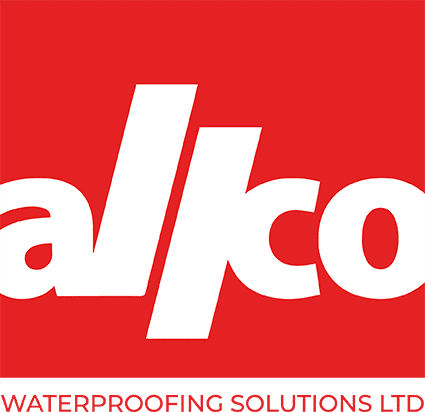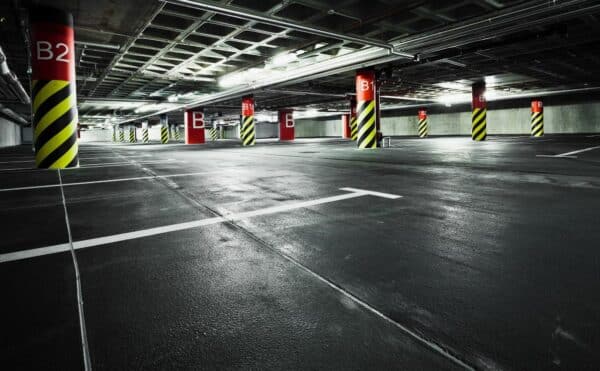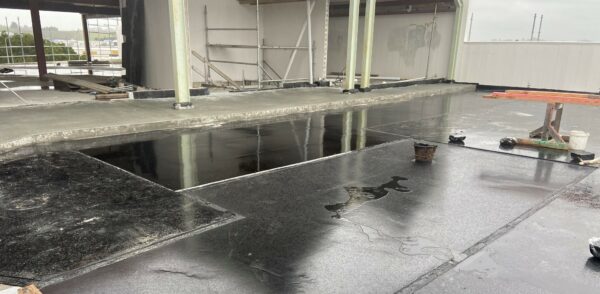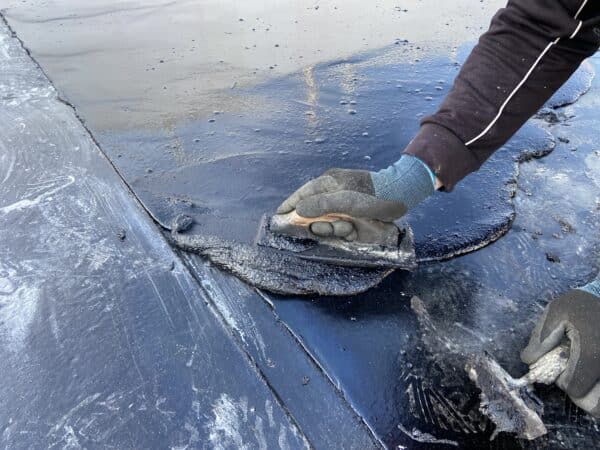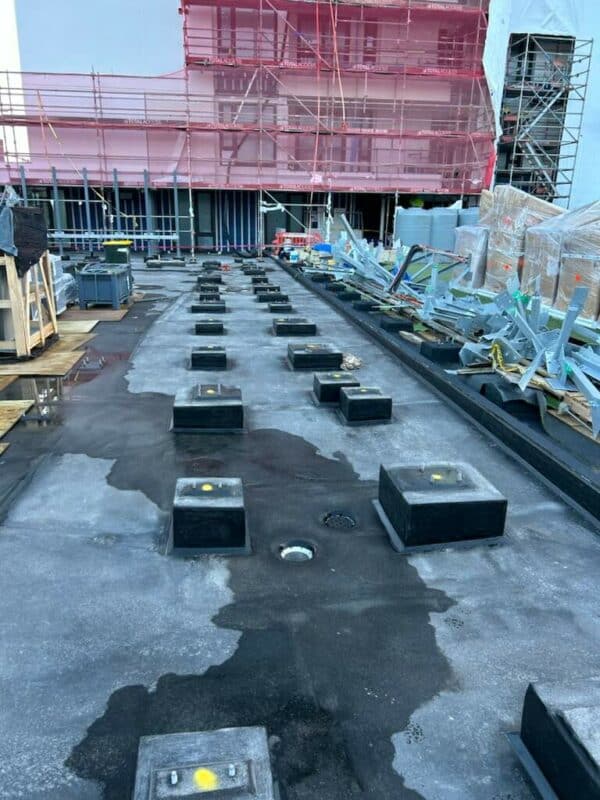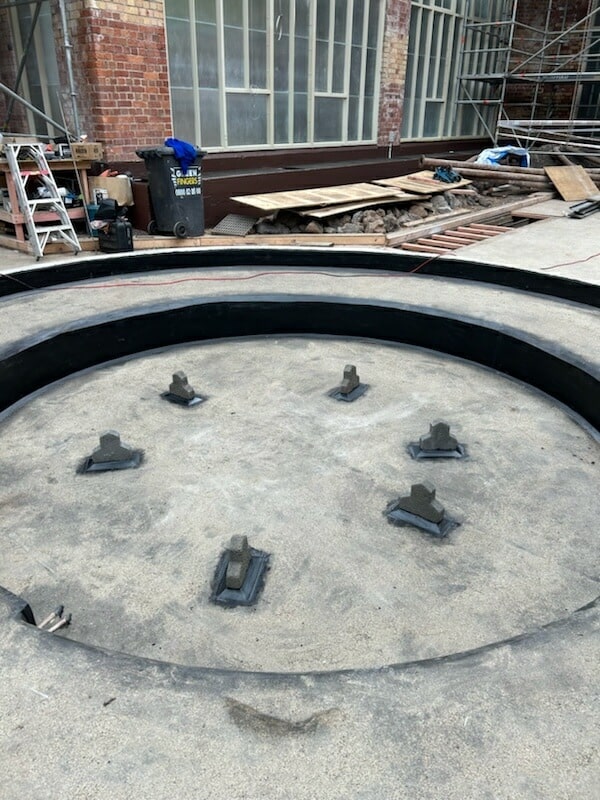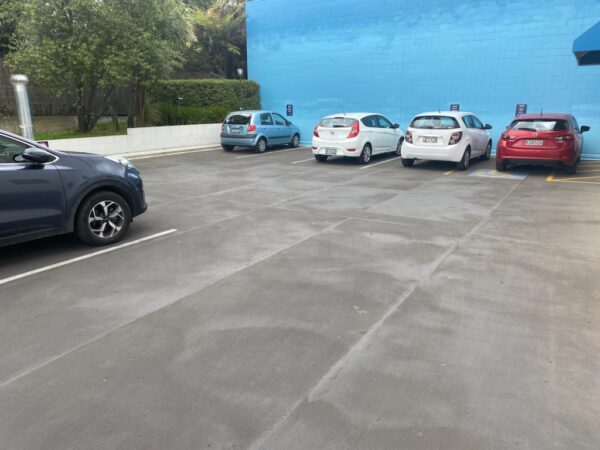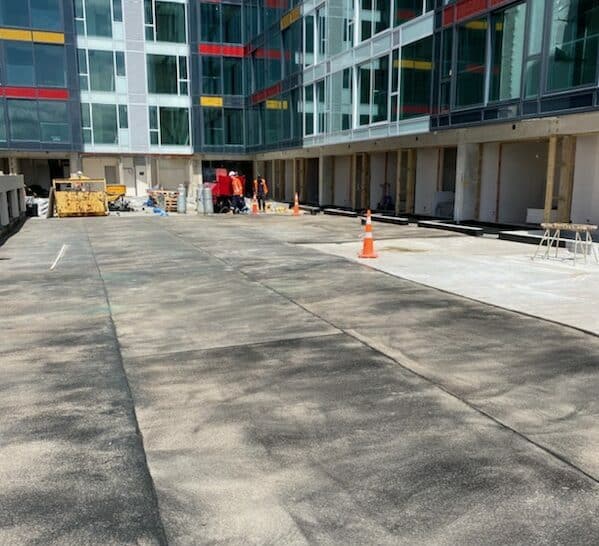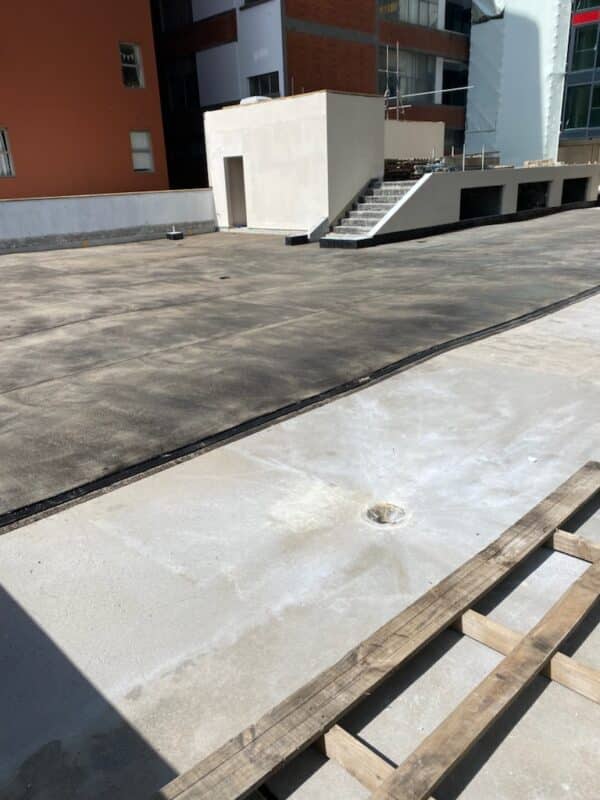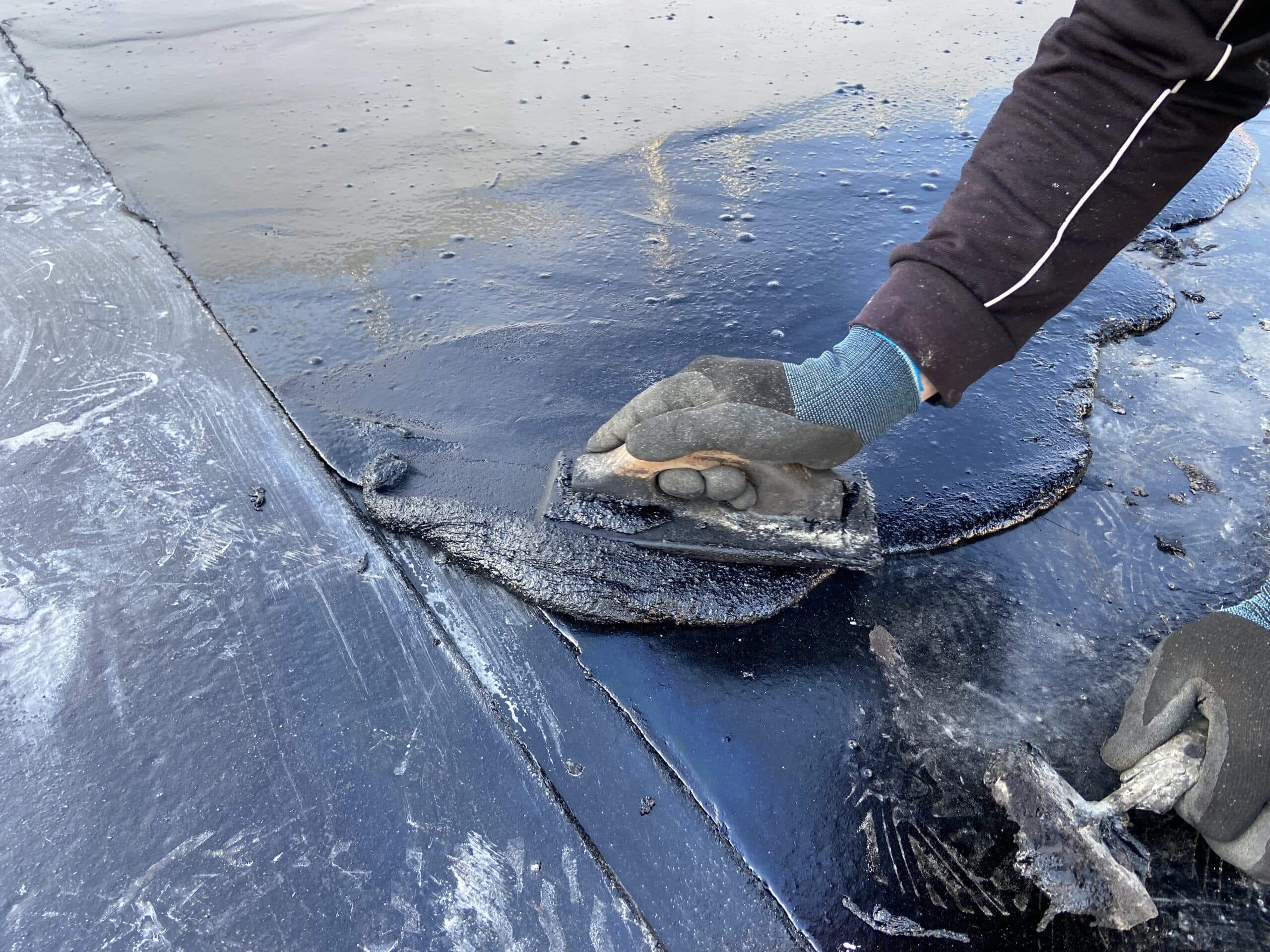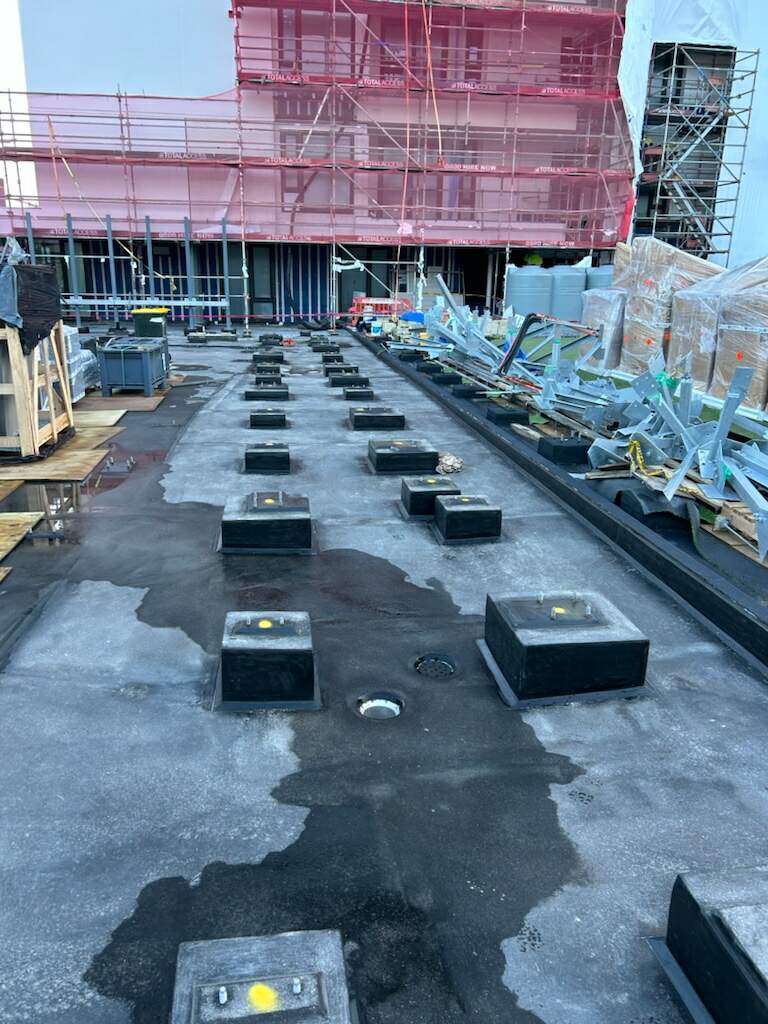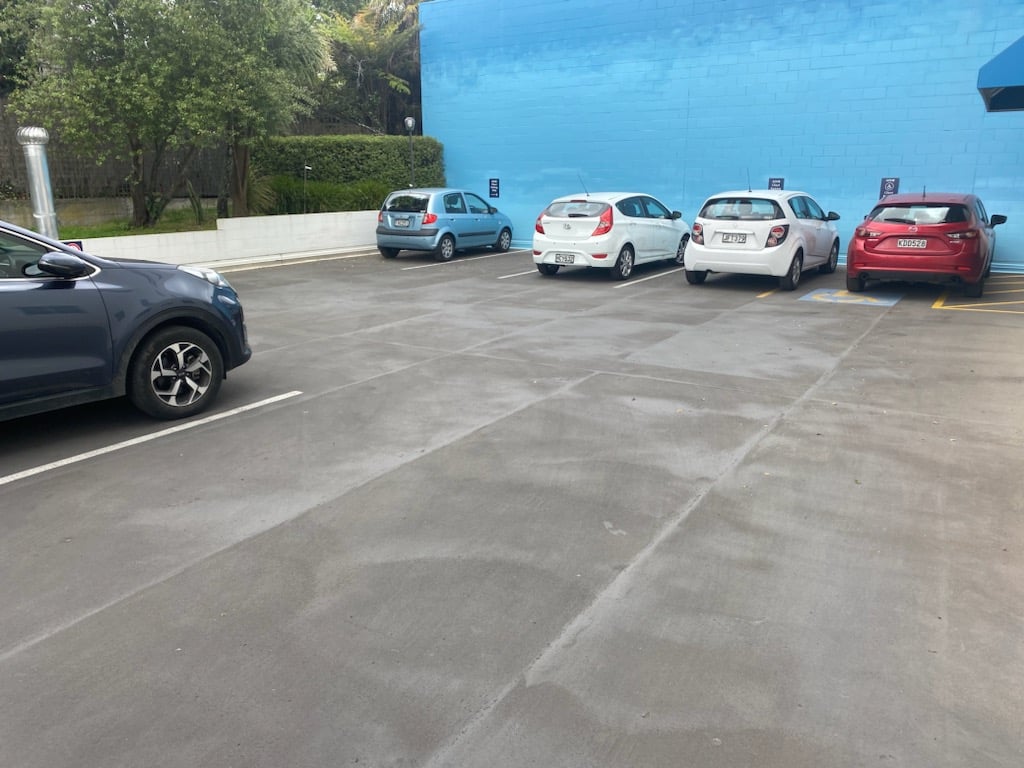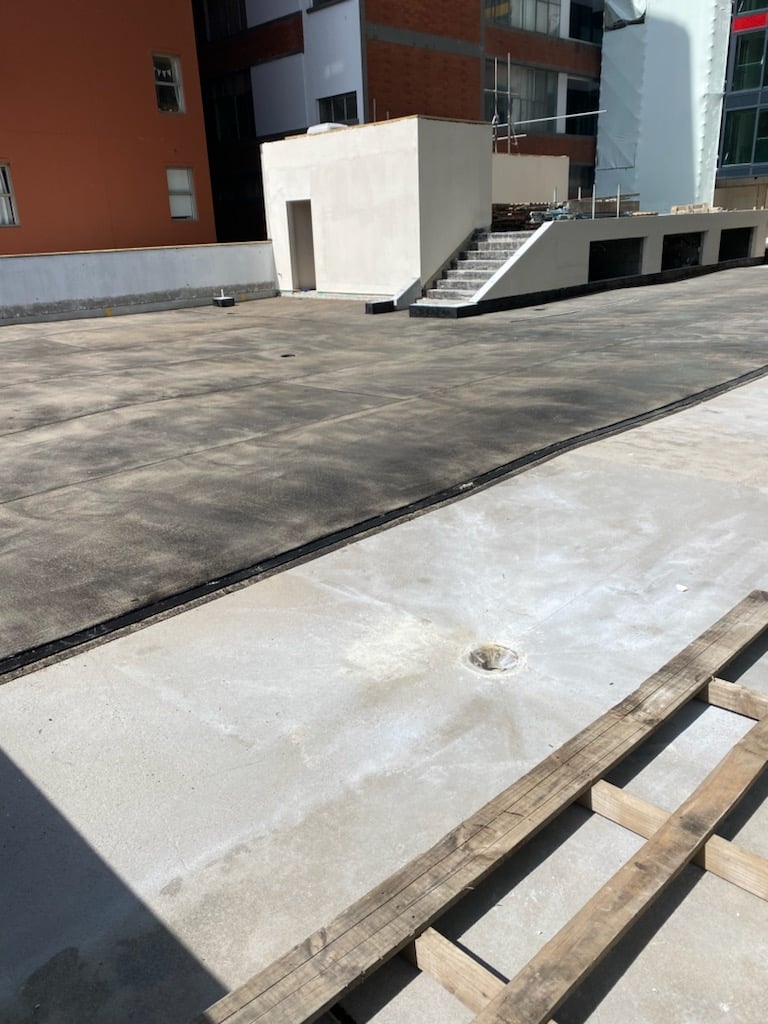Shield Mastic Asphalt
- Features
- Description
- Performance
- Downloads
Features
KEY FEATURES
- Durability: It can last up to 60 years if properly installed and maintained, significantly longer than many other roofing materials.
- Completely impermeable, it is an excellent waterproofing material.
- It is resistant to extreme weather conditions, from torrential rains to freezing temperatures.
- Flexibility allows it to adjust to slight structural movements, which can be particularly beneficial in areas prone to settling or other minor structural changes.
- Its longevity and resistance to wear and tear means that it requires little maintenance.
- Made from natural materials and is 100% recyclable, reducing the need for raw materials and minimizing waste.
- A cost-effective option due to its lifespan and minimal maintenance requirements.
Shield Mastic Asphalt is used in a wide range of construction applications; both new build and refurbishment, where a smooth, seamless, durable surface is required.
Shield Mastic Asphalt is a dense, waterproof material that consists of a mixture of bitumen, limestone, and various aggregates. Unlike standard asphalt, mastic asphalt contains no pores and is laid in a hot, molten state that solidifies to form a hard surface.
Mastic Asphalt is a versatile material used primarily for paving and roofing making it an ideal choice for a wide range of applications.
Uses of Shield Mastic Asphalt:
- Roofing: One of the most common uses of mastic asphalt is roofing. It provides an impermeable barrier that ensures no water can seep into the building, making it ideal for flat roofs or roofs with minimal slopes.
- Flooring: Due to its durability and resistance to moisture, mastic asphalt is also used in flooring, particularly in industrial buildings where heavy machinery and equipment are used.
- Paving: It is frequently employed in paving, especially for areas that require a durable and smooth surface, such as car parks, bridges, and highways.
The product comprises suitably graded limestone aggregates bound together with an asphaltic cement (primarily refined bitumen) to produce a dense, voidless material. It cannot be compacted, and is laid by means of a hand float, rather than rolled. It is manufactured to BS 6925:1988, which encompasses roofing, flooring grades, tanking and a number of other grades for different applications.
